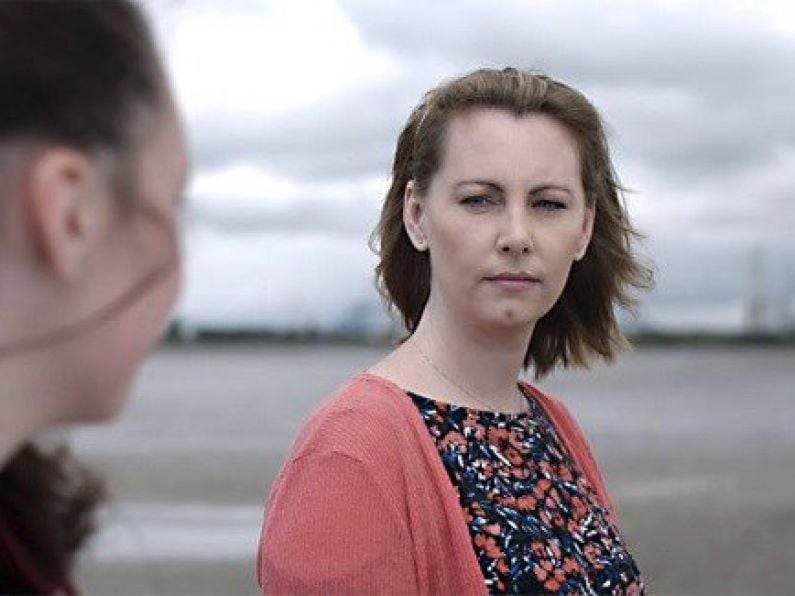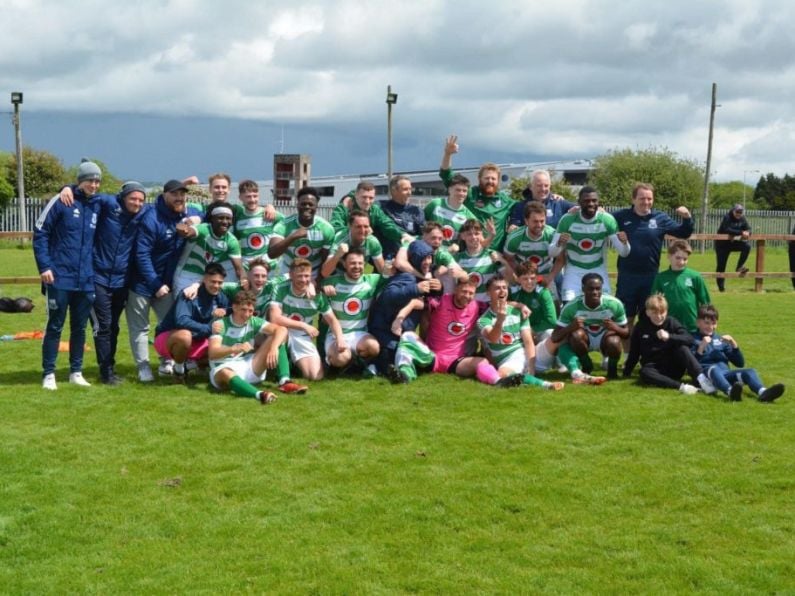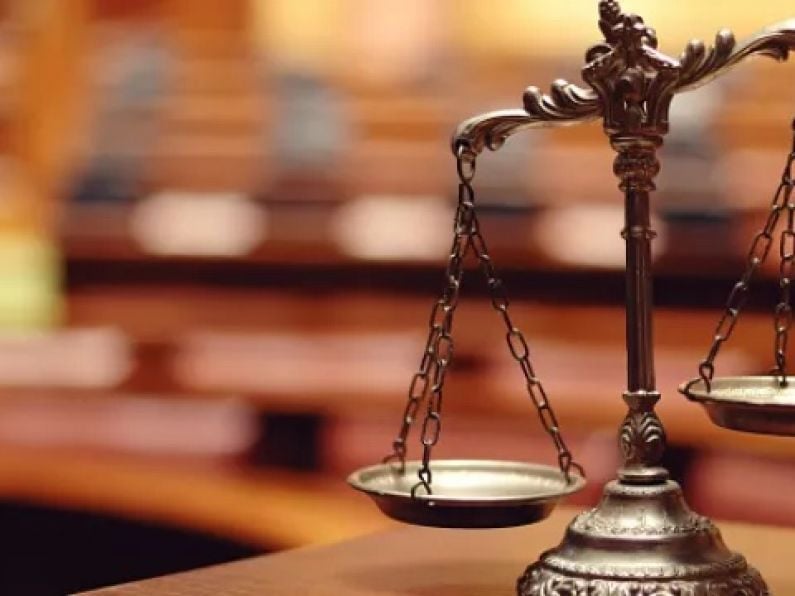A week after the lid was lifted on the cervical cancer scandal, the Government still does not know the number of women adversely affected.
New revelations have emerged in the cervical cancer tests scandal that has rocked the State as Health Minister Simon Harris admitted a “considerable number” of ill women have not had their cases reviewed.
It is thought that there could now be as many as 3,000 women caught up in the controversy.
Mr Harris was forced to admit in the Dáil, as “bigger and wider” issues emerged, that he may in fact veer towards a commission of investigation rather than an inquiry led by the health watchdog.
The HSE has confirmed that 1,482 cases of cervical cancer were notified to Cervical Check since it started the national programme 10 years ago. Of these, 162 of 208 women with cancer were not told of earlier false negative results after an audit. Some 17 of these women have died.
However, Mr Harris stunned TDs and admitted that the real story could be worse. He confirmed more women with cervical cancer were not included in a clinical audit.
“While I had previously been advised and it had been commonly understood that the CervicalCheck clinical audit covered all cases notified by the National Cancer Registry, I have been informed this afternoon that this is not the case,” he said.
The new information provided by the minister last night means that there could be almost 3,000 women now caught up in the scandal, half of whom have had no investigation into their cases.
The minister confirmed this after questions from Fianna Fáil’s Stephen Donnelly.
Labour’s Alan Kelly said the revelation was a “bombshell”, as other TDs echoed claims that the entire scandal was a “cover-up”.
While the Hiqa probe will examine cervical cancer testing and other screening programmes, there are mounting questions facing the Government and health chiefs.
They come after the case of dying mother Vicky Phelan, who was forced to go to court over being kept in the dark for years about her false negative smear tests.
Last night, the Limerick woman said she was “disappointed and disheartened” to learn that more women were involved but not surprised.
She also confirmed that Taoiseach Leo Varadkar had sought a meeting with her.
As the controversy spirals, there have been developments, including:
- Queries remain about what Department of Health and HSE officials knew about telling patients;
- The Government has not ruled out a redress scheme for patients and families affected;
- An advice note for Mr Harris prior to Ms Phelan’s case said the head of the national cancer control programme did not consider this to be a “patient safety incident”;
- Women affected by the test scandal will not be forced to go to court for redress;
- The Irish Cancer Society have been told every women aged 25 to 60 will be written to about who to contact if they have concerns;
- Mr Harris has revealed his department first became aware of Ms Phelan’s case on April 6.
Mr Varadkar said he was angry and wanted answers. He denied that concern was raised around cervical cancer during his tenure as health minister.
There have also been calls for HSE chief Tony O’Brien to resign, with the executive admitting last night there had been a “very serious breakdown” in communications to women.
It confirmed around 3,000 women In Ireland had been diagnosed with cervical cancer since 2008 but only half of these were notified to CervicalCheck.
‘I kept asking: How did things get so bad?’
By Catherine Shanahan and Eoin English
She’s a face among the faceless, one of at least 208 women whose smears were wrongly read, now living with the stomach-churning fear of her cancer returning.
Emma Ní Mhathúna, a mother of five, who was central to a HSE’s video last year about the HPV vaccine, was diagnosed with stage 2B cervical cancer in September 2016, despite a clear test result in 2013.
She lived by the screening rule-book, attending every three years for a smear, from the time her daughter Natasha was born 15 years ago.
The results were negative, until 2016.
“The nurse called me and said something was showing up in the smear, and that I needed to go to the hospital.
“On September 20, 2016, I got a biopsy done, but the doctor said to me, straight out there and then, that he didn’t need to wait to get the test results back: ‘You have cancer and we have to act quickly, I’m ordering an MRI for you.’
“That was Wednesday, and on Monday I got the MRI and the doctor told me I had stage 2B cervical cancer.
“I was saying to myself, how did things get so bad... and I had the letter from [the smear in] 2013 to say everything was fine.”
Emma, 37, was treated at St Luke’s Hospital in Dublin, and moved to Kerry six months ago. She is now under the care of Cork University Hospital (CUH) and has a check-up every four months.
“On April 4, I was there, and I had the kids with me because we have a game, when I get the all-clear I buy a helium balloon in a shop in Cork and we have a little party,” she said in an interview yesterday on RTÉ Raidió na Gaeltachta.
“When there’s cancer in the house, the children are always worrying if everything is OK.”
Although everything was clear in April, Emma hasn’t been feeling well.
“On April 15, I knew there was something wrong with my body again,” she said. “I went to the doctor and he found something that was more than 1cm.
“I was at the hospital last week and had to get a biopsy done yesterday [Tuesday].
“Everything is up in the air now... Séamus is making his confirmation next Tuesday, and I’m very worried about everything, so I asked the church and the school if Mario can make his confirmation as well. He’s in 4th class. It’s good for me that they can both do it together. I had new clothes bought for them anyway.”
To add to Emma’s anxiety, she received an unexpected phonecall last Sunday from her doctor in Dublin.
“He said that he hoped I was reading the stories in the paper about the Cervical Check. He said he didn’t have all my files in front of him, but that I was one of the women involved.”
Her doctor subsequently told her her 2013 smear results were wrong: “The first indications of cancer, the cells changing in the body, were there.
“If I had got the right results at that time, I wouldn’t be where I am now … I’m not too worried about my life, but the kids are very very young.”
By Juno McEnroe and Fiachra O’Cionnaith Irish Examiner













